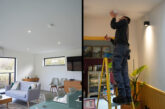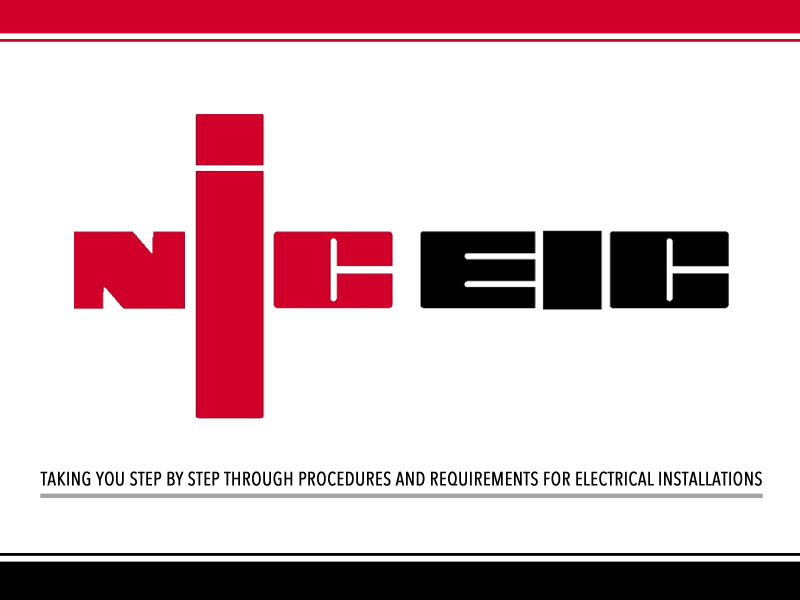
With Gas Safety Week taking place later this month Martyn Walley, National Technical Manager at Aico, looks at the challenges presented in protecting elderly people from the dangers of Carbon Monoxide (CO).
Carbon Monoxide is a potentially lethal gas. Living with emissions of CO, even on a very low level, can be hazardous and lead to long term health issues. Although CO poisoning can affect anyone, the latest reports and statistics to be released seem to support the view that the elderly are a high risk category when it comes to CO poisoning.
Irregular servicing
A recent Downstream Incident Data Report, published by the Gas Safety Trust, shows that during 2014/15 each fatal incident of CO poisoning involved people over the age of 80. Each case was linked to very old, open flued appliances that had not been regularly serviced.
The Gas Safe Register’s findings reinforce this conviction that the elderly are more at risk. It states that 57% of all deaths from domestic gas fire heaters in the home fall into the over-65s age band and more than 260 people in this age category are injured by gas appliances every year. This age group is half as likely as other age groups to have gas installation or service carried out by a professional. The problem gets worse the older the age group; just one in nine over 75s have little or no knowledge of the dangers of CO.

Gas Safe Register considers up to 8 million older people are potentially at risk from unsafe gas appliances – a huge number by any standards. As a result it is campaigning for relatives of older people to familiarise themselves with the symptoms of CO poisoning and encourage older relatives to carry out annual gas servicing using a registered engineer.
But things can and do go wrong between inspections, which is why it’s also important to fit CO alarms, preferably in every room where there’s a gas appliance, interconnected for maximum audibility. Regulations and standards vary across the UK, but none go as far as this. However, when you’re dealing with more vulnerable people it’s essential they receive the maximum possible protection.
The choice is yours
Selecting a good quality CO alarm is important. The first stage of selection is to ensure that the alarm carries the BS EN 50291 Kitemark. Next, check to see what the testing regime is during manufacture – you should be wary of items that are batch tested in this instance. Aico’s alarms have a full 10-year life and go through rigorous testing procedures at multiple stages of manufacture.
Mains powered CO alarms are the safest option as they provide added reliability because batteries don’t need to
be changed. In the event of mains failure, they have battery back-up and, if you select ones with Lithium battery back-up, you don’t have the concern of someone ‘borrowing’ the battery for another device.
The quality of the alarm also has more widespread implications: the better the quality, the better the range of features, functions and accessories. Features of particular benefit here include wireless alarm interconnection, such as Aico’s RadioLINK+, to enable alarms to be connected to each other using RF, for maximum audibility in a property, and data extraction technology. CO alarms have the potential to provide genuinely useful information, such as battery back-up or battery life, alarm sensor status, number of times tested and removed, any alarm activation with details of when it occurred, detection levels of CO or background CO. Aico’s CO alarms all come with AudioLINK data extraction technology free of charge.

Accessories of particular relevance to the elderly include easy-to-use alarm system control devices and units that provide a direct connection between the alarms and Telecare/Warden Call Systems. Additionally, wall-mounted alarm controllers enable residents to easily test and silence alarms and locate the trigger alarm (particularly important if smoke alarms are included in the system).
Equipment such as this provides genuine added safety for elderly residents and can ensure ongoing protection between annual gas safety checks.








